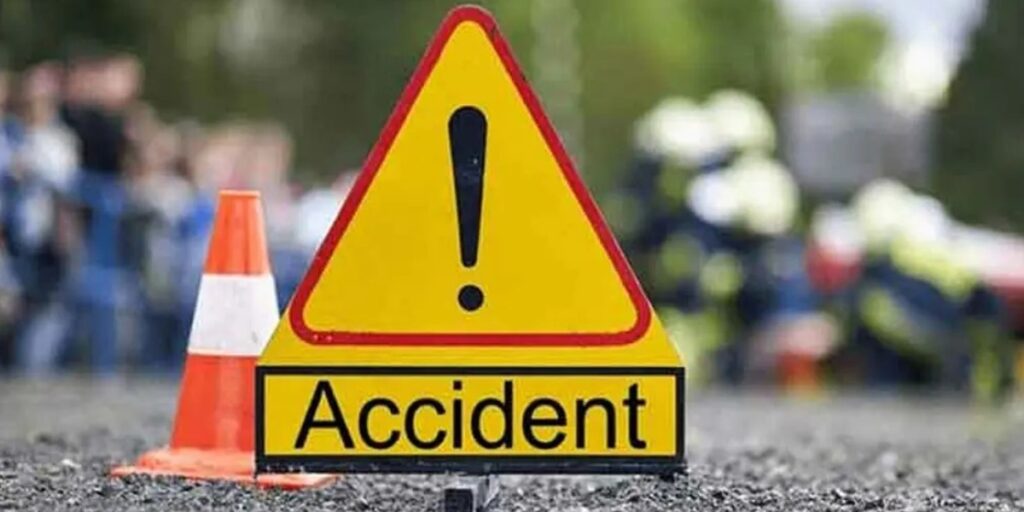QUETTA: At least 12 people were killed and 42 injured in a spate of road accidents across Balochistan on Saturday, exposing critical safety issues on the province’s highways.
The deadliest incident occurred on the CPEC Road in Panjgur, where a passenger bus and an oil tanker collided and burst into flames, killing eight people. In a separate accident near Khanozai, four people died and 25 were injured when a coach overturned.
Other crashes on the Makran Coastal Highway and near Bela resulted in multiple injuries, including over 15 Hindu pilgrims traveling to a temple.
Authorities attributed the accidents primarily to reckless driving and over-speeding, calling for stricter traffic enforcement. However, public advocates demanded urgent upgrades to road infrastructure, citing the lack of dual carriageways as a key factor in the frequent tragedies.
Also read: Balochistan reports 2,200 road accidents on highways in July
Road accidents across Balochistan’s national highways saw a disturbing surge in July 2025, according to a report released by Rescue 1122. The province recorded 2,207 road accidents last month alone, resulting in 26 deaths and 2,913 injuries.
Highways with Highest Accidents
The Rescue 1122 data revealed alarming figures for several major roads:
| Highway | Accidents | Injured | Deaths |
| N-25 (Karachi-Chaman) | 977 | 1,313 | 17 |
| N-50 (Zhob–DI Khan) | 919 | 1,154 | 5 |
| N-65 (Sibi–Quetta) | 92 | 138 | 0 |
| N-70 (Loralai–DG Khan) | 66 | 91 | 0 |
| N-85 (Panjgur–Surab) | 71 | 105 | 0 |
| M-8 (Hub–Khuzdar–Awaran) | 56 | 82 | 1 |
| N-40 (Nokkundi–Taftan) | 26 | 30 | 1 |
Key Reasons: Speed, Negligence, Poor Infrastructure
Experts blamed several key factors for the rising number of accidents:
- Over-speeding and reckless driving
- Poor road conditions and lack of safety features
- Lack of vehicle fitness and inspection
- Driver fatigue and lack of rest
Public Demands Urgent Action
Citizens and traffic safety experts urged the government to take immediate steps. Their recommendations include:
- Widening and repairing damaged highways
- Mandatory training and fitness certification for truck and bus drivers
- Establishing rescue stations and ensuring ambulance services on all major highways
- Installing speed cameras and setting up regular vehicle checkpoints
The rising toll underscores an urgent need for coordinated efforts to improve road safety and emergency response in Balochistan.





